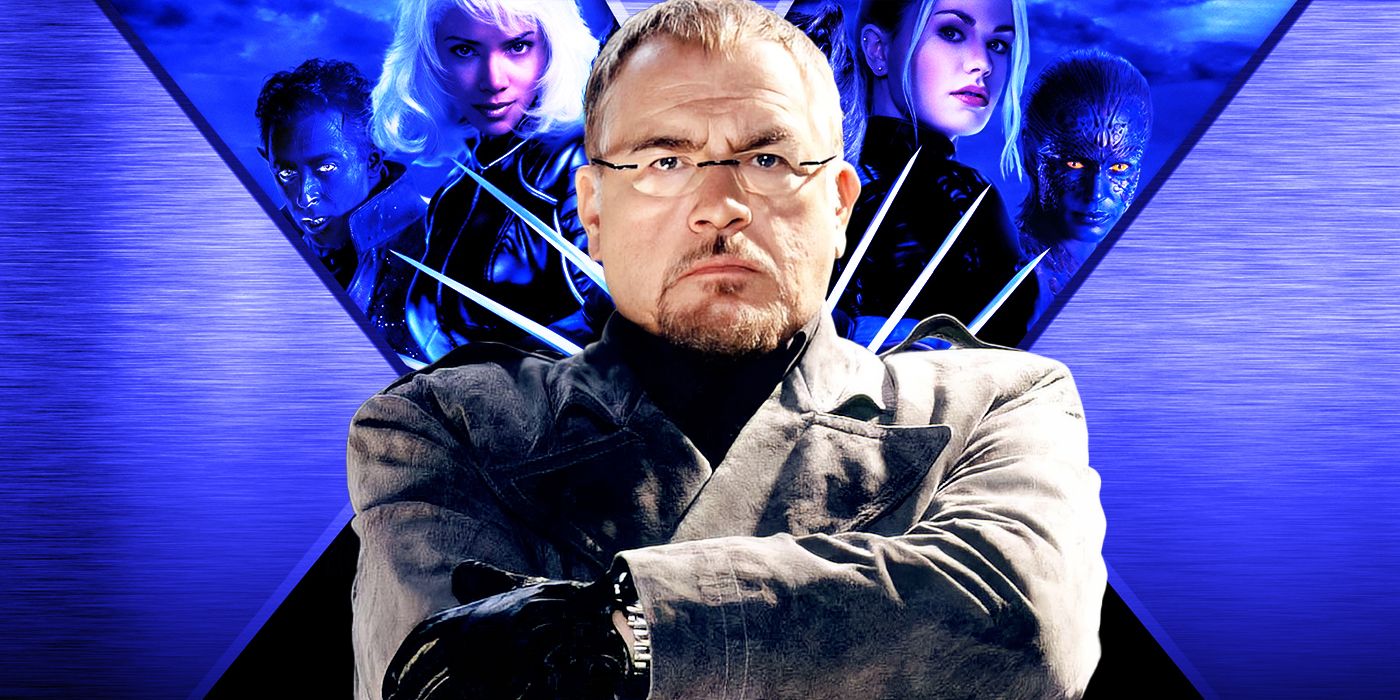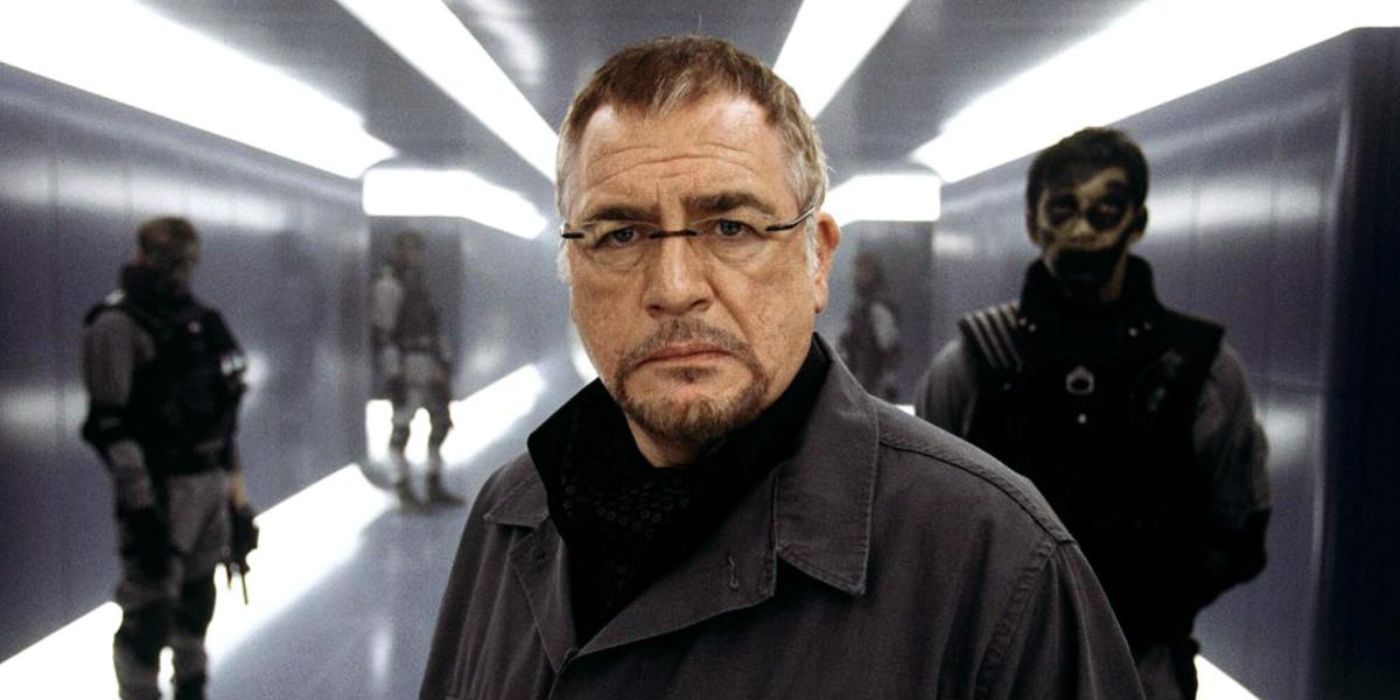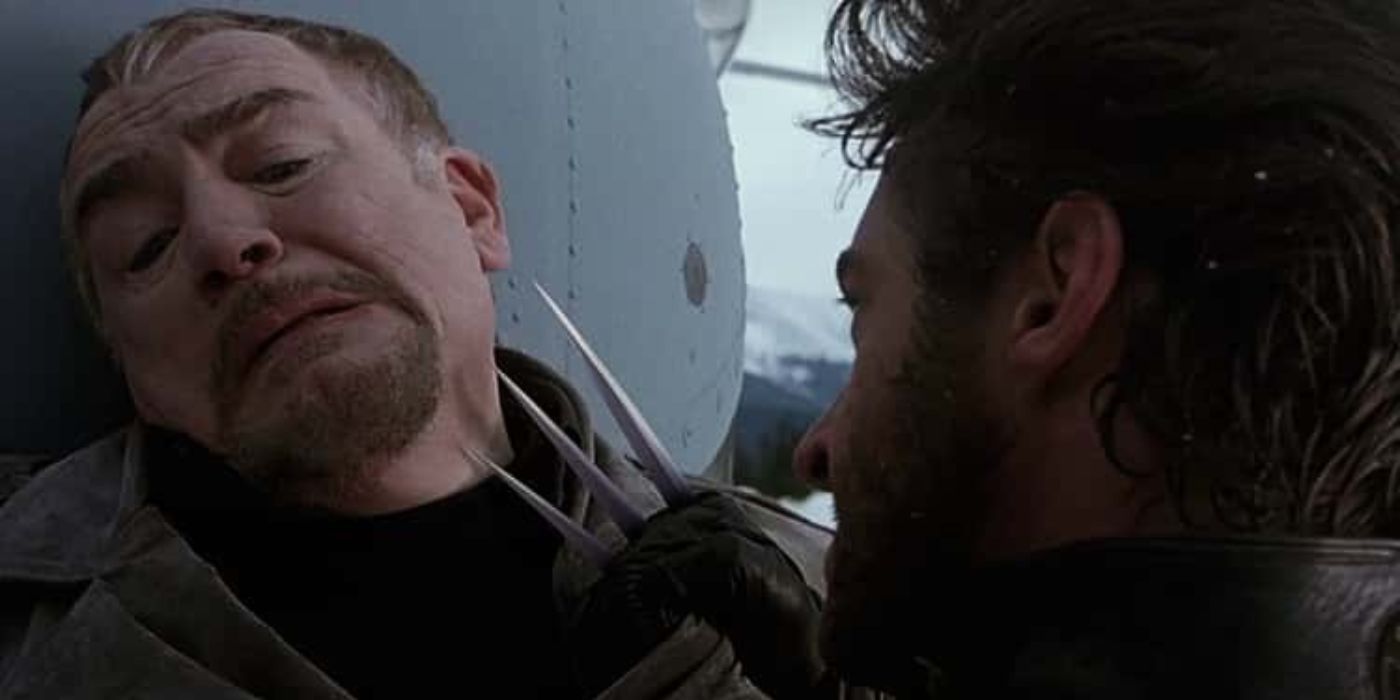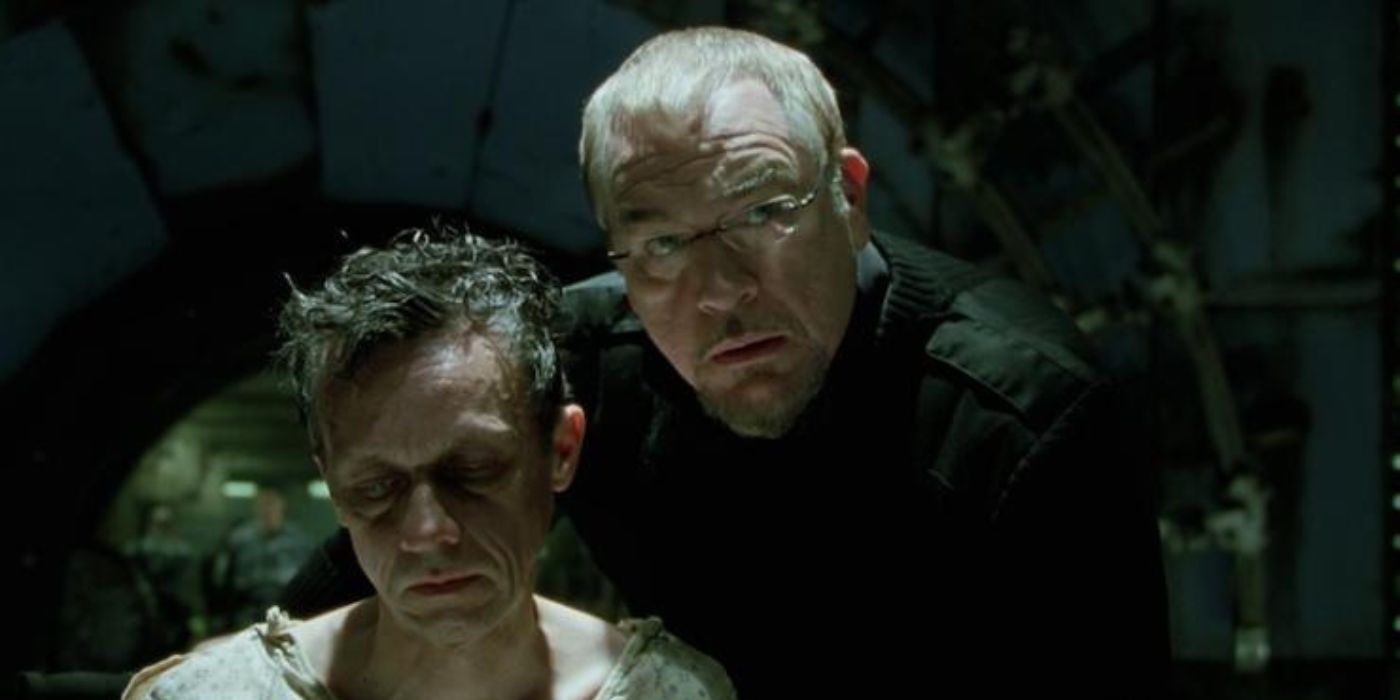Brian Cox is the villain of the moment right now on Succession, as television rarely has characters quite as diabolical, manipulative, and captivating as Logan Roy. To say that all of the characters on Succession are “flawed” would be a vast understatement, as this is the show that compels us to watch people who represent the worst in society, but Logan somehow manages to be the one character who is truly beyond redemption. Cox has played numerous great villains throughout his career, including his work as the first cinematic Hannibal Lector in Michael Mann’s 1986 classic Manhunter. However, it was his performance as William Stryker in X2: X-Men United that created one of the most richly engaging superhero movies of all-time. X2 had a significant impact on the development of comic book movies over the two decades since its release.
Bryan Singer’s 2000 film X-Men proved that superhero films could explore serious societal issues like xenophobia, discrimination, radicalization, and fascism; opening a tentpole blockbuster movie with footage of the Holocaust may have come as a bit of a shock for those who still had the footage of Batman & Robin in their mind. However, X2 delves even deeper into the threats that mutantkind face from a tyrannical government force that denies their rights. Cox’s performance as Stryker embodies everything that bigots represent; he’s in denial that mutants should be treated with any dignity, and has the power, resources, and influence to cause significant damage due to his position.
The X-Men franchise has never been subtle in the analogies it draws between the persecution of mutants and the threats that underrepresented groups face based on their race, religion, gender identity, and sexual orientation. In the 20 years since the release of X2, we’ve seen countless times in the real world what happens when bigots are placed in positions of power and are able to enact irrevocable harm on these communities. Too often men like Stryker are somehow able to attract a following. Cox’s haunting performance is more than just a comic book villain; he represents a real source of evil that has sadly become even more relevant over time.
Brian Cox Captures Stryker's Senseless Hatred in 'X2'
The first X-Men film introduced a complex relationship between Charles Xavier (Patrick Stewart) and Magneto (Ian McKellen) that was far more dynamic than just heroes and villains. Both characters want to do what's best for mutantkind, but Xavier finds justice in peace and education, while Magneto chooses violence. However, at his core, Magneto is still the same frightened child that he was in the 1940s — Stryker represents the type of man who terrorized him.
With his efforts to subjugate and eliminate mutants, Cox drew eerie parallels between Stryker and the Nazi Party. It took a captivating performer to match the intensity that McKellen brought to the screen, but Cox is scary in a different way. McKellen had to show a villain whose motivations we understand, and perhaps empathize with. Cox had to show someone whose motivations didn’t make sense, but sadly we’re fully aware that men like him exist.
Cox shows the same professionalism and calculated demeanor that he has as Logan Roy with his performance as Stryker. He didn’t play Stryker as an exaggerated, crazed psychopath hell-bent on world domination; he simply embodied the nature of a lifelong military man with access to the White House. He showed how someone like Stryker could seem somewhat reasonable to a scared population. When a brainwashed Nightcrawler (Alan Cummings) attacks the White House, Stryker’s offer to investigate Xavier’s mansion and “contain” the mutants seems like a natural response. He’s able to frame an entire culture as “the enemy” and gain the ability to begin singling them out.
'X2's Best Action Sequence Highlights the Dynamic Between Wolverine and Stryker
Stryker’s connection to Wolverine (Hugh Jackman) allowed X2 to draw in Logan’s backstory in a compelling way; while X-Men Origins: Wolverine failed to illuminate the character’s past, X2’s subtlety in hinting at Stryker’s abuse and experimentation on Logan was much more powerful. Seeing the familiar face of Stryker instantly transforms Wolverine into the animalistic version of himself that he only unleashes in moments of true vulnerability. The dynamic between Cox and Jackman was the spark that kicked off one of the greatest action sequences in superhero movie history.
While fans would have to wait much longer to finally see an R-Rated Wolverine story in Logan, X2 pushed all the boundaries of what could be accomplished within the confines of a PG-13 with its mansion attack sequence. When Stryker’s men invade the school intended to be a destination for mutants to seek safety and guidance, Wolverine holds nothing back when he begins slicing down the invading soldiers.
It’s a hint of knowledge that Stryker leaves him with that forces Wolverine to do some deeper soul-searching. Cox showed how Stryker cruelly hints at a past that Logan can’t remember and the torment he endured, forcing him to be even more unstable. Their eventual faceoff in the adamantium smelting lab is one of the film’s best scenes; Cox was once again able to treat Stryker’s experimentation as a realistic military process, and not the over-the-top threat of a supervillain.
Brian Cox and 'X2' Proved That Superhero Movies Could Be More Than Action Flicks
X2 deals with discrimination in various ways, and Cox showed how profound the film was through the relationship between Stryker and his son, Jason (Michael Reid MacKay). Stryker is in denial about his son’s mutant abilities, but wants to have it both ways; while he begins targeting mutants in his military work, he also utilizes Jason’s powers to his advantage in order to brainwash Nightcrawler into launching an attack on the Oval Office. It’s this type of flawed logic that makes Stryker so detestable, yet it’s the attitude that so many real bigots have.
Even though Stryker is killed at the end of X2, the threat he presents lingered on over the course of the rest of the franchise as mutants are forced several more times to defend their inherent rights from those in power. Cox succeeded in elevating the genre into a rich political and social drama, proving that comic book movies could be thoughtful, intelligent, and sadly, very timely. 20 years later, X2 remains one of the best superhero movies ever made because those like Cox were taking it seriously.




